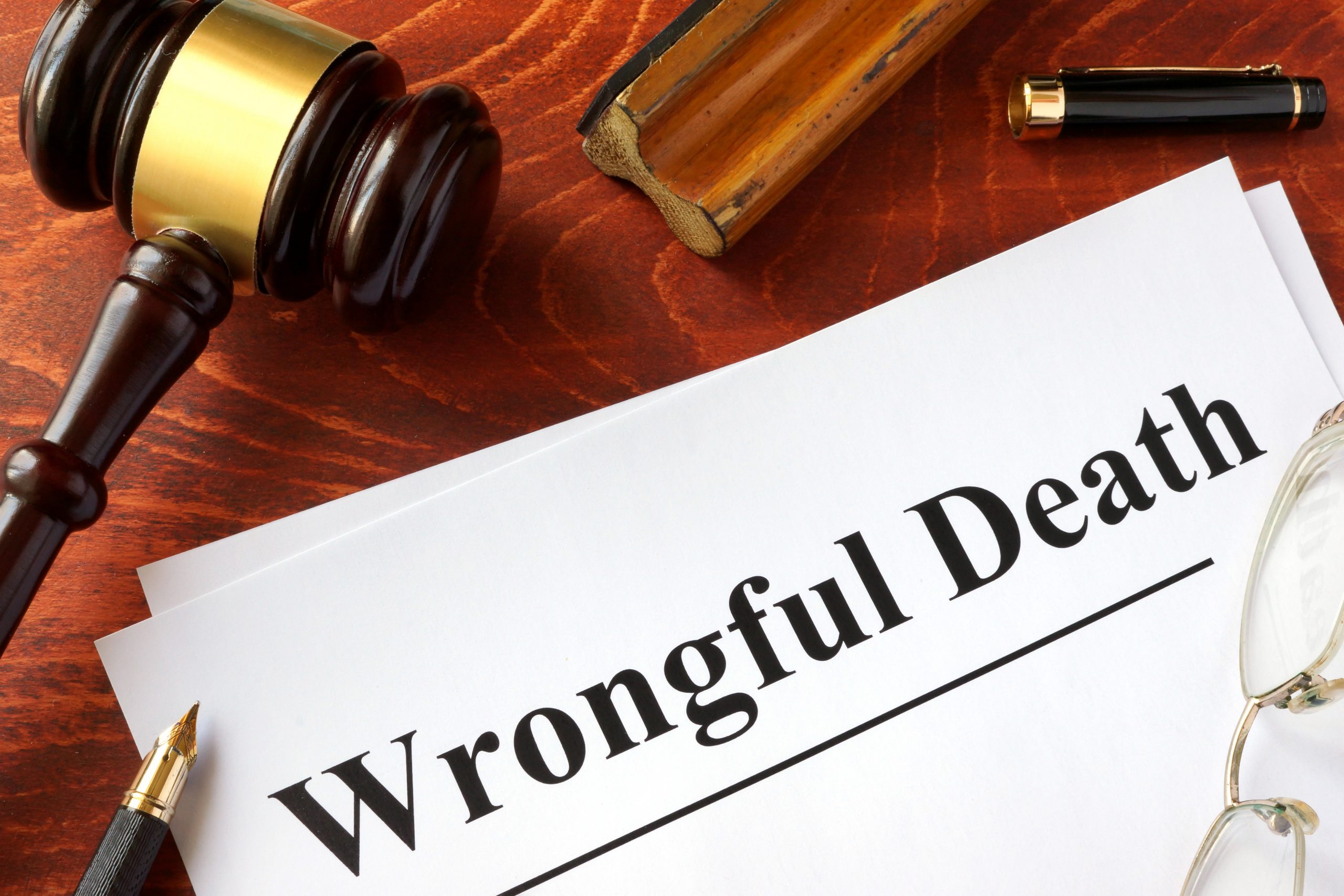Losing a loved one is always tough. And that’s especially true when they’re in prison. Depending on the circumstances, you may be able to file a claim if your loved one dies in prison. While many prison deaths are of natural causes, others die of neglect or abuse. If either neglect or abuse contributed to the death of a loved one, you should consider filing a claim.
Who can file a lawsuit based on a prison death?
If your loved one dies in prison, you can file a claim yourself. You can also hire a lawyer to file for you. While you do not need a lawyer, they can be essential in helping you win your prison death case.
How do you file a claim after a prisoner’s death?
If your loved one dies (or gets injured) in prison, there is a special form that you can use to make a claim. This form, SF-95, is available on the Bureau of Prisons’ website.
But you are not required to use this form. If you don’t use the form, you must provide the following information:
- the date of the incident,
- the location of the incident,
- an explanation of what happened,
- the names of any witnesses,
- a description of any injuries,
- the amount of money claimed, and
- the date of the claim.
Whether you use form SF-95 or not, be sure to sign your documents before submitting them.
Where do you file a claim if your loved one dies in prison?
Where you file your claim depends on where the death happened. In most cases, you can hand-deliver or mail your claim to the facility’s regional office. Prison staff will not accept any claims at the facility itself. If you send a claim to the wrong office, officials should forward it to the correct one.
What happens after you file a claim?
If you filed your claim correctly, you will receive a letter that acknowledges your claim. This notice will give you your case number and your filing date. You will need this information as the case moves forward.
After you file your claim, the government begins an investigation. During this time, they may contact you with to request more information. Be sure to respond quickly. If you fail to respond, the BOP can deny your claim.
Once the government’s investigation into the prison death finishes, you will receive an investigation report. This report will include:
- your SF-95 or other form of notification;
- other case materials like witness statements, medical reports and photographs;
- any relevant administrative remedy requests; and
- the warden’s or assistant director’s conclusions and recommendations.
This report tells you what decision the regional office made in your case. You can choose to accept this decision. But, if you are not satisfied with the decision, you can appeal.
In the claims procedure, the general counsel can settle cases up to $50,000. Sometimes the proposed settlement is more than this amount. In that case, other agencies, including the Department of Justice, must agree to the amount.
Can you file a lawsuit in court instead of going through the claims process?

Depending on the specific circumstances, you usually can also file a lawsuit in court. Wrongful-death lawsuits are complicated, especially in the case of prison death. So, it usually makes sense to hire a lawyer to do so. Many lawyers will help with these cases on a “contingency fee.” This means they will take a percentage of whatever you win, not make you pay an hourly rate.
The deadline for filing a lawsuit like this depends on where you are. In some states, it’s three years. In others, it’s two. And in some, there are many factors that can impact these rules.
The Takeaway:
The prison is responsible for your loved one’s safety while they are in custody. If your loved one dies in prison, you need to begin looking at your legal options immediately.






